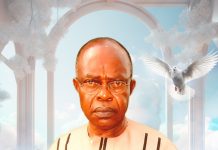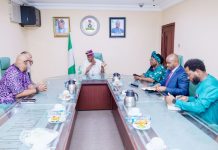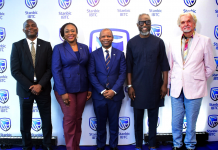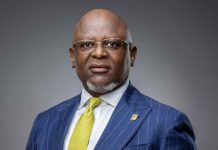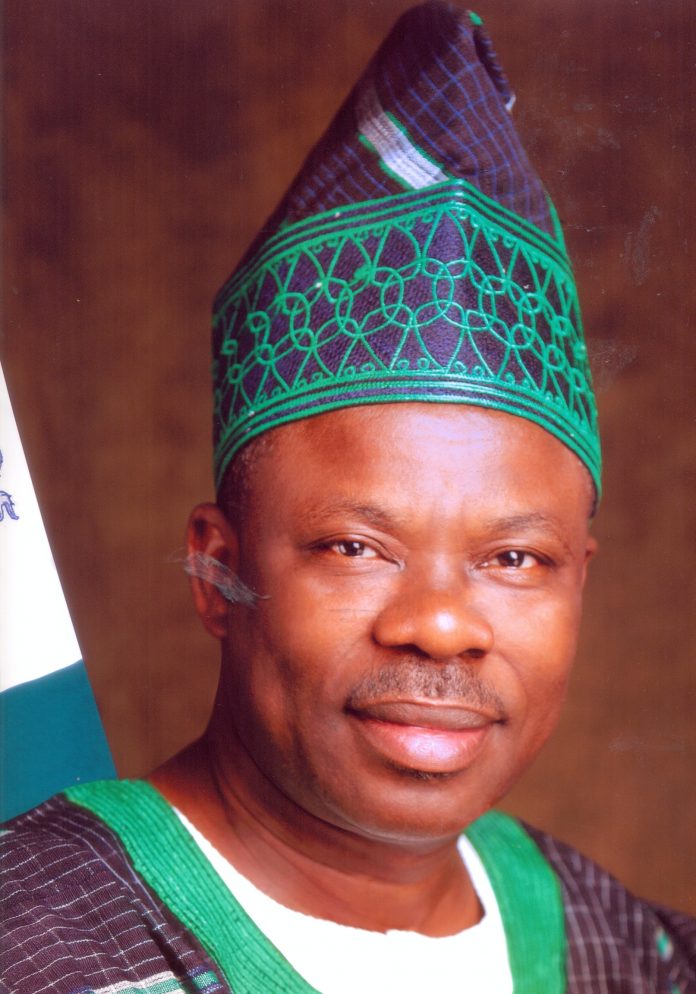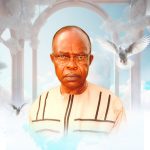By Muyiwa Kayode
There is a video been shared about the governor of Ogun State, which prides itself as “The Gateway State” It depicts the governor having a very tense interaction with students of Tai Solarin University. While I am not interested in the governor’s haughty arrogance, it is instructive that the students attempt to bring him down to earth while highlighting the despicable state of infrastructure in the state university. This is the state that has produced some of the most iconic symbols of education in the country, including Africa’s first Nobel Laureate in Literature, Professor Wole Soyinka. The first woman to drive a car and foremost pioneer women’s rights activist Funmilayo Ransome-Kuti hailed from the state.
The legendary educationist Tai Solarin whom the school is named after, must be turning in his grave seeing what has become of education in the state. Yet, here was the governor trying to stop the students from voicing their opinion about the deplorable conditions in the school. There is no state owned institution of learning in Ogun State today that is a shining example for others to emulate. If Ogun is being positioned as The Gateway State, what interpretation has been given to that slogan? Gateway to where precisely? Is it the gateway to Lagos, a market of 20 million people? I know the state has been encouraging industrialists to set up factories there and that has attracted some Lagos based companies to shift base accordingly, which is quite commendable. The state must step up the industrialization drive and give tangible meaning to its slogan. If the state is focusing on industrialization, then there should be a more strategic approach which aligns some educational institutions in the state with the industrialization taking place. That kind of synergy will be highly impactful. The state also has huge potential in textile (adire), tourism and agriculture. Governor Amosun should mobilize his people and get them to move from singing about hard work to actually doing the hard work.
I was in Akwa Ibom for the Nigeria vs Algeria match last November. That was my first time in the magnificent Godswill Akpabio Stadium, Uyo. I also visited the state a few times during the Akpabio years of “Uncommon Transformation”. Although the state slogan says “Land of Promise”, I do not see the connection between this slogan and what the past two administrations of the state have been campaigning. However, Governor Godswill Akpabio implemented a series of transformational projects in the state, including the ambitious Ibom Tropicana Entertainment Centre. Akpabio undoubtedly changed the landscape of Akwa Ibom for good. However, what was missing in his entire program was a brand strategy which would have made his programs more people-centric and created more economic value. The assortment of projects were implemented without a clearly defined strategic direction. Which is why today, many of the schemes have not been sustained. While Akpabio populated the state with brand new orange taxis, today, tricycles have taken over the roads. Perhaps the two most outstanding projects are the Ibom Tropicana and the Stadium. While the Tropicana should promote tourism, the stadium should make Uyo the football destination in the country.
Sadly, neither of these has been achieved. The Tropicana already looks like an abandoned project. The stadium shouldn’t have been just a stadium. Rather, a “sportscity” should have been built, with standard training facilities and a football academy, to make the state the football destination in Nigeria. That way, the state can regularly produce world class footballers and every Akwa Ibom indigene you have playing professional football on the international scene becomes a brand ambassador for the state and a testimony to the world class football facilities in that state. That is brand strategy. That is what is missing. Which is hardly a surprise, considering that the man built the stadium and named it after himself. The current governor can take a cue from this and build on the foundation Akpabio has put in place.
Anambra State calls itself “The Light of the Nation”. The first question that comes to my mind is whether Anambra State enjoys uninterrupted power supply, or if the state has electricity generating plants supplying the rest of the nation. In what way or ways, is Anambra State “The Light of the Nation”? Successive governors of Anambra State, since it was created in 1991 have failed to position the state for any particular value in the minds of people. While the economic potential is immense the state has failed to produce leadership that turns that potential into tangible benefits. I was in Awka a couple of years ago for an event at the Nnamdi Azikiwe University, UNIZIK and the road journey from Enugu to Awka was horrendous. Getting to the university, I was even more appalled at the state of the campus. I wondered if there was an architectural plan before the campus was built because everything was just chaotic. The lawns were overgrown and the campus roads were bad.
Yet the governor (Peter Obi), was all smiles and I was amazed at how popular he was. Yet education could be the key to achieving the positioning that gives substantiation to that slogan. The great University of Nigeria was in Anambra State until Enugu State was created in 1991. UNIZIK was an opportunity to build on that legacy and build an even greater institution. Unfortunately, we are in a country where leaders rarely do things better. How could UNN, established in 1955 be so much better than UNIZIK which was established in 1991? Why are we so comfortable with lowering standards? When are we going to see the light?
Meanwhile Enugu State calls itself “Coal City State”. Very funny. This is a state whose coal industry has been abandoned for decades, in a country crying for regular electricity. Aren’t we just clowns in this country? Where is the coal in Enugu State? A couple of years ago, it was reported that the state government was trying to get some South African firm into the country to help revive the coal industry in the state. As usual, we must look for South Africans or Europeans or Americans to come and help us. Even then, not much has been heard or seen. Governor Ugwuanyi must get serious about the coal industry if indeed he believes it must be revived and state positioned as Coal City State. Meanwhile, the world is moving towards green energy and the raging debate now is Donald Trump’s romance with the dying coal industry, a romance that is destined to be short lived. Which leaves the state with a big question mark on what to do about their coal industry. Whatever they do, they must reposition the state and establish points of competitive advantage on which tangible economic value can be built












